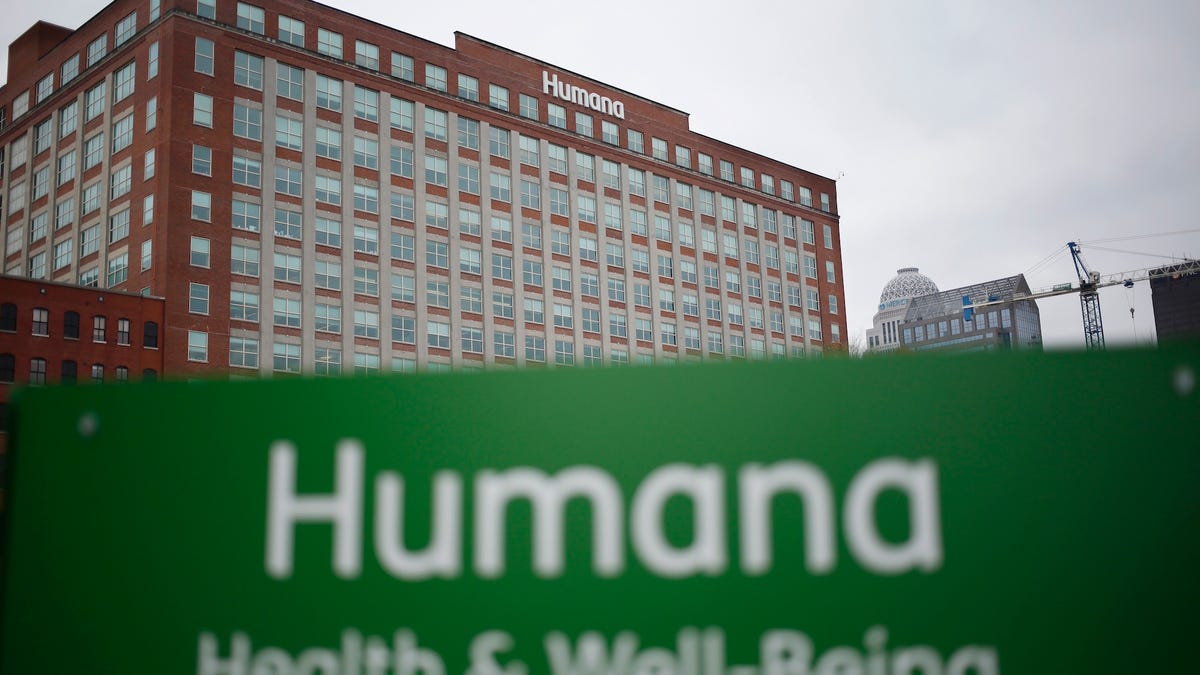Impact of Federal Payment Rates on Health Insurance Stocks
Humana, the nation’s second-largest Medicare Advantage health insurer, along with other major health insurance companies like CVS Health, UnitedHealth, and Elevance Health experienced a significant decline in their stock values during morning trading on Tuesday. This drop was primarily attributed to the announcement by the Centers for Medicare and Medicaid Services that government payments to Medicare Advantage and Medicare Part D programs would only increase by an average of 3.7%, or $16 billion, year-over-year in 2025.
The rate increase fell short of industry expectations, with analysts interpreting it as a de facto decline of 0.16% compared to previous estimates. This news had a direct impact on the stock market, leading to a 12% decrease in Humana’s stock value, while UnitedHealth saw a 6% drop, CVS Health shares fell by 8%, Centene Corp. experienced a 5% decline, and Elevance Health witnessed a 4% decrease.
Statement from CMS Administrator
CMS Administrator Chiquita Brooks-LaSure acknowledged the rate increase and emphasized the organization’s commitment to ensuring the stability of the Medicare Advantage and Part D prescription drug programs. In a statement, Brooks-LaSure remarked that the new rates were designed to maintain the accuracy and up-to-date nature of Medicare Advantage payments, reflecting the evolving landscape of healthcare and insurance.
Concerns and Implications for Health Insurers
The finalization of the payment updates for 2025 brought mixed reactions from industry insiders. For Humana, the relatively modest rate increase posed challenges in achieving the company’s financial goals. During an investor call in March, Humana CFO Susan Diamond expressed disappointment over the lack of a more substantial increase, highlighting the potential impact on the company’s earnings projections. With the uncertainty surrounding the market response to the finalized rates, Humana and other health insurers faced a period of adjustment and strategic planning to navigate the shifting financial landscape.
Bloomberg’s report on the final rate notice underscored the significance of this announcement for the healthcare sector, particularly regarding the expectations and implications for major players in the industry. The consolidation and analysis of market data following the CMS announcement were crucial for investors and stakeholders looking to understand the future trajectory of health insurance stocks and the broader implications for the healthcare market as a whole.
Future Outlook and Market Dynamics
As the healthcare industry continues to evolve and adapt to regulatory changes, including shifts in government payment rates for Medicare programs, companies like Humana and its counterparts are required to navigate complex financial landscapes and make strategic decisions to ensure operational continuity and growth. The dynamic interplay between regulatory frameworks, market conditions, and investor sentiment underscores the intricate nature of the healthcare sector and the ongoing challenges and opportunities facing health insurance providers.
Overall, the impact of the federal payment rates on health insurance stocks serves as a reminder of the interconnected nature of healthcare policy, financial markets, and corporate strategies. The reactions of key industry players to government announcements highlight the need for agility, resilience, and strategic foresight in an environment marked by volatility and regulatory uncertainty.
Image/Photo credit: source url





